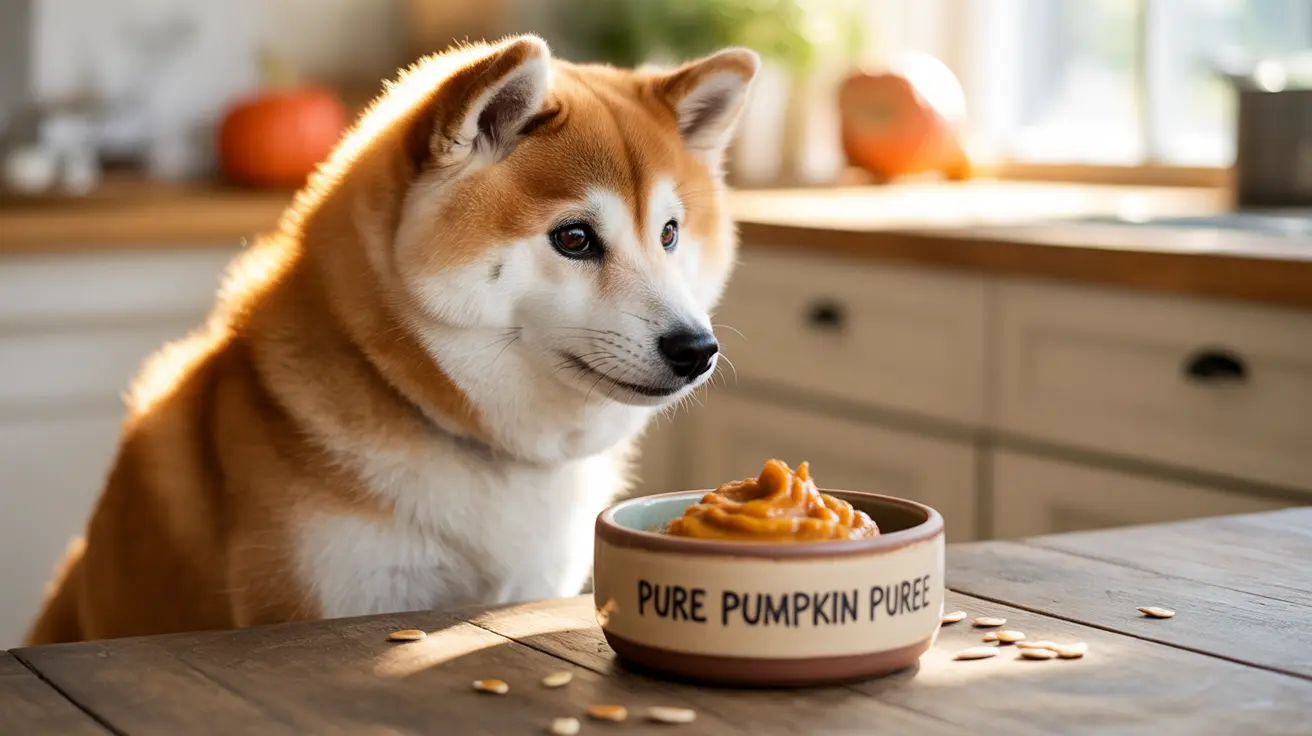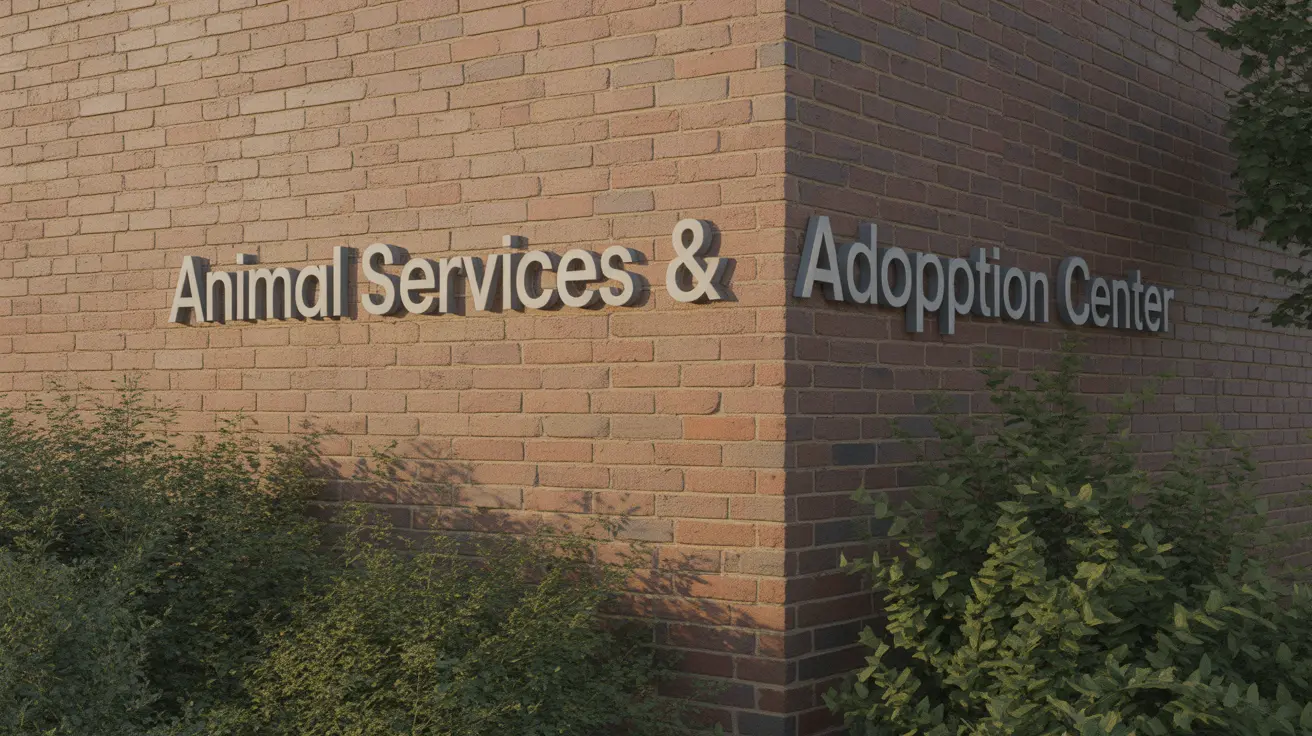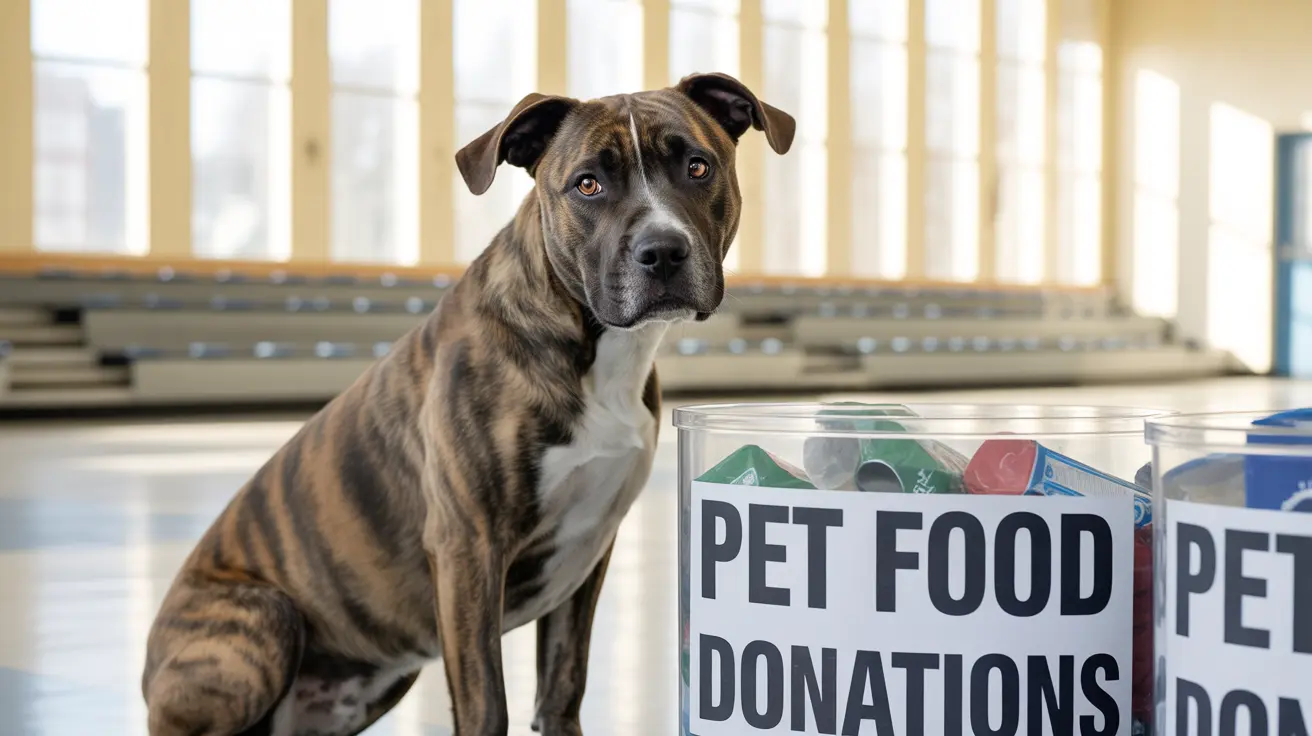If you've noticed your dog struggling to defecate or not having regular bowel movements, you're likely wondering "my dog is constipated - what should I do?" Constipation in dogs is a common but potentially serious condition that requires prompt attention and appropriate care.
In this comprehensive guide, we'll explore everything you need to know about dog constipation, from identifying the symptoms to understanding treatment options and prevention strategies. Whether you're dealing with a mild case or concerned about chronic issues, we'll help you make informed decisions about your pet's digestive health.
Understanding Dog Constipation: Signs and Symptoms
When your dog is constipated, they may exhibit several telltale signs that indicate digestive distress. Common symptoms include:
- Straining or crying while attempting to defecate
- Producing small, hard, dry stools
- Going more than 24-48 hours without a bowel movement
- Passing small amounts of liquid stool or mucus
- Showing signs of abdominal discomfort or bloating
Common Causes of Dog Constipation
Several factors can contribute to constipation in dogs:
Dietary Factors
- Insufficient fiber intake
- Dehydration
- Sudden changes in diet
- Ingestion of non-food items
Medical Conditions
- Enlarged prostate (in intact males)
- Anal gland problems
- Neurological disorders
- Hypothyroidism
- Kidney disease
Environmental and Lifestyle Issues
- Lack of exercise
- Limited access to outdoor areas
- Stress or anxiety
- Age-related factors
Treatment Options for Constipated Dogs
The appropriate treatment for your constipated dog depends on the severity and underlying cause of the condition:
Home Remedies
- Increase water intake
- Add 1-4 tablespoons of pure pumpkin puree to food
- Incorporate more fiber into their diet
- Increase exercise and physical activity
Veterinary Interventions
If home remedies don't provide relief within 48 hours, veterinary care may be necessary. Professional treatments might include:
- Manual removal of impacted stool
- Enemas or suppositories
- Prescription medications
- IV fluids for dehydration
- Surgery in severe cases
Prevention Strategies
To help prevent future episodes of constipation:
- Maintain a consistent, balanced diet
- Ensure constant access to fresh water
- Schedule regular exercise
- Monitor bowel movements
- Keep up with regular veterinary check-ups
Frequently Asked Questions
Why does my dog get constipated, and what are the common causes?
Dogs typically become constipated due to dehydration, lack of fiber, insufficient exercise, or underlying medical conditions. Dietary indiscretion, such as eating non-food items, can also cause constipation.
How do I treat mild constipation in my dog at home?
For mild cases, increase water intake, add pure pumpkin puree to their food, ensure regular exercise, and consider adding fiber to their diet. If symptoms persist beyond 48 hours, consult a veterinarian.
What are the symptoms of severe constipation in dogs, and when should I seek veterinary care?
Seek immediate veterinary care if your dog hasn't defecated in more than 48 hours, shows signs of pain or distress, has a distended abdomen, or if you notice vomiting or lethargy alongside constipation.
Can I use pumpkin puree for dog constipation, and how much should I give?
Yes, pure pumpkin puree (not pie filling) can help relieve constipation. Give 1-4 tablespoons per meal, depending on your dog's size. Start with a smaller amount and adjust as needed.
How can I prevent constipation in my dog through diet and lifestyle changes?
Prevent constipation by providing plenty of fresh water, maintaining a consistent exercise routine, feeding a balanced diet with appropriate fiber content, and ensuring regular opportunities for bathroom breaks.
Remember, while occasional constipation might be resolved with home care, persistent or severe cases require veterinary attention. Always monitor your dog's bowel habits and seek professional help if you notice significant changes or concerning symptoms.






